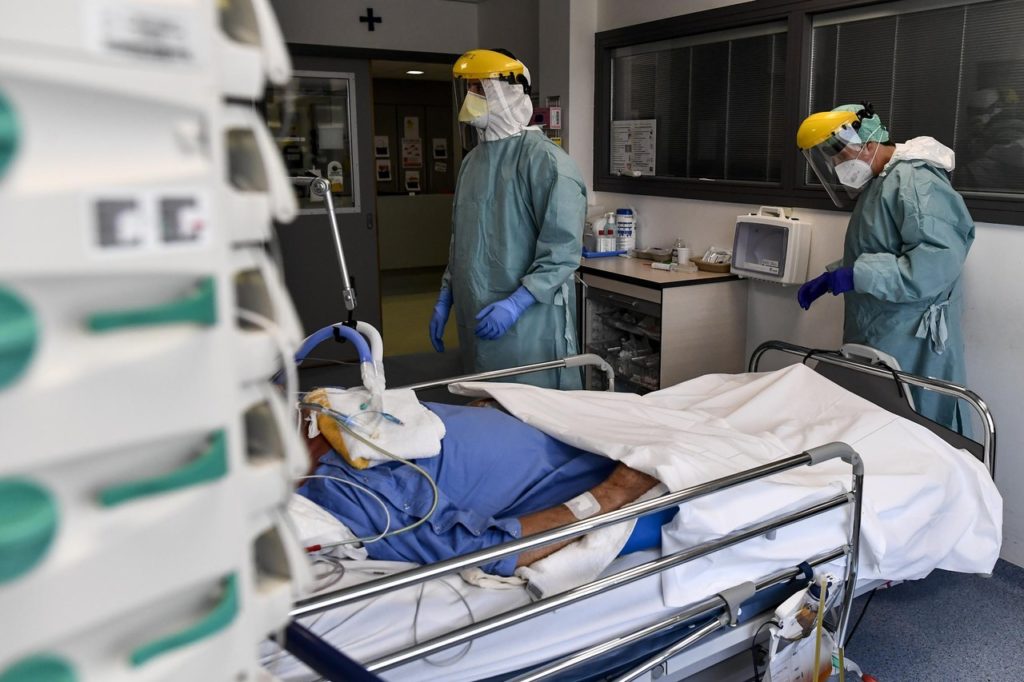The new variant of the coronavirus first detected in the UK last autumn is not only more infectious, but also 30-70% more deadly, based on a study by the UK government released on Friday.
The new research, which assessed a larger number of samples than previous studies, also found that patients who tested positive for the British mutation have a 40-60% greater chance of being hospitalised.
The mutation is “associated with an increased risk of hospitalisation and death compared to infection with other forms of the virus,” according to British virus advisory body Nervtag, which drew from multiple databases across the country for its study.
Previously, scientists had already determined that this particular strain of the virus, known as B.1.1.7. because of its molecular makeup, was probably between 30% and 70% more transmissible than earlier types.
Related News
- Flemish vaccination centres open today: how getting your vaccine works
- Belgians will start to receive letters to get vaccinated from March
The UK’s Prime Minister Boris Johnson confirmed last month that it could be more deadly, based on data from mathematicians that compared death rates in people infected with either the new or the old variant.
Nervtag does recognise there are still uncertainties with regards to these figures: for example, these figures could be distorted, as B.1.1.7 struck more often in nursing homes. However, the various sub-analyses still all arrive at the same increased mortality rate per case.
The research produced no new findings on people’s response to this particular mutation, with most people developing no more than a flu or cold-like illness.
Since the variant was first reported, it has spread to 82 countries, and around one in three coronavirus infections in Belgium now involve the British strain, according to virologist Steven Van Gucht.
Lauren Walker
The Brussels Times

